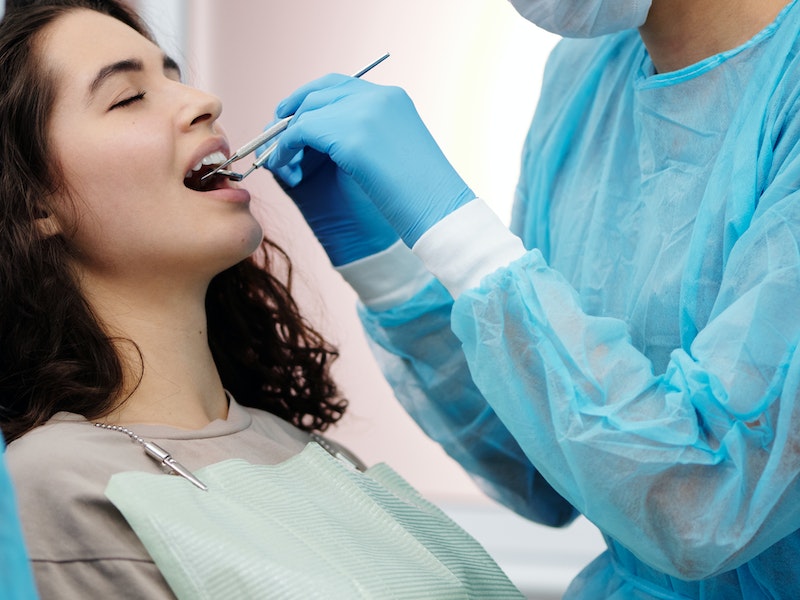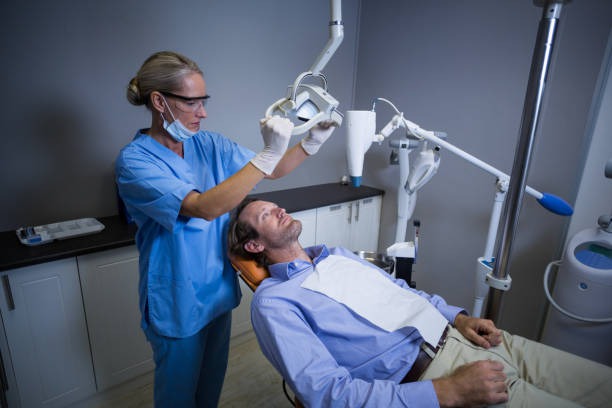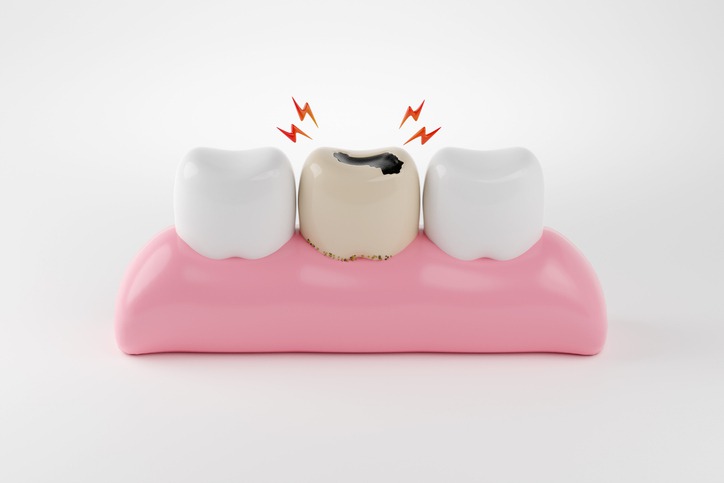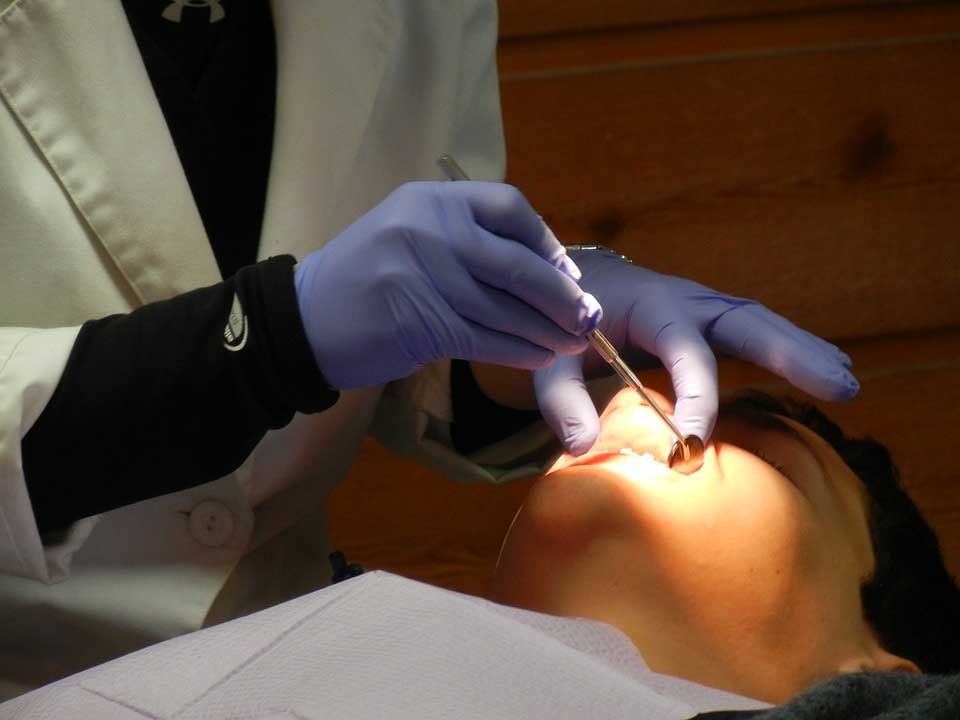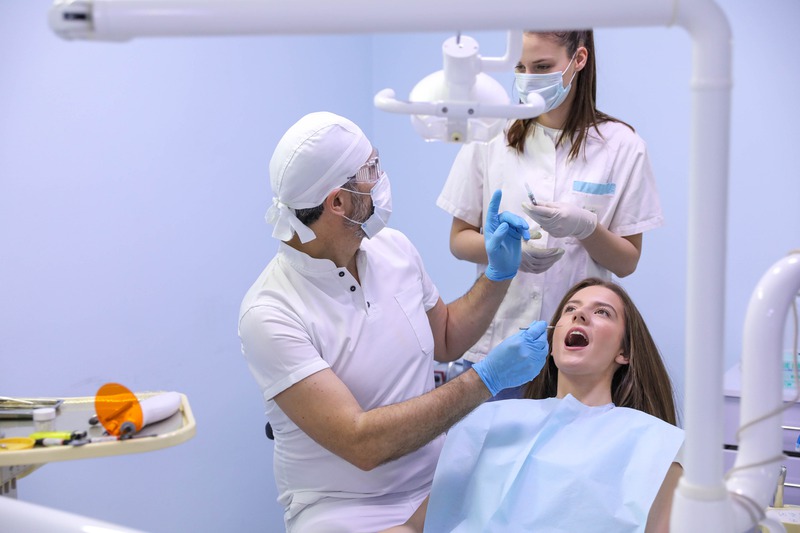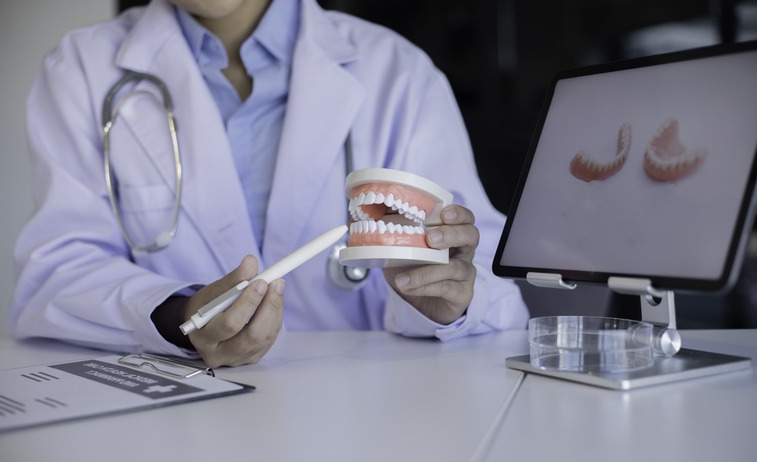
What’s Involved in Repairing a Dental Fracture?
Dental fractures range from minor chips to severe breaks, with each requiring precise care for effective repair. Understanding what repair entails can alleviate apprehensions and prepare patients for a visit to their dental professional.
Dental Fractures and Initial Examination
A dental fracture can result from trauma, grinding, or biting on hard substances. These fractures vary in severity, with different types needing various treatment approaches. Whether it is a minor crack or a severe break extending to the root, the initial step always involves a thorough examination by a dental professional.
Determining the Right Treatment Plan
The treatment plan for a fractured tooth depends on the extent of the damage. Here are the common types of fractures and associated treatment methodologies:
-
Fine cracks may only require polishing or a simple bonding procedure.
-
A cracked tooth could necessitate a crown to hold the tooth together.
-
Severe cases, where the fracture extends into the pulp, might involve root canal therapy or potentially the extraction of the tooth.
The dentist will make considerations based on the fracture’s location, the patient’s age, overall dental health, and personal preferences when creating a tailored treatment plan.
Restorative Procedures
Bonding is a common solution for minor fractures. A durable resin material is applied to the tooth and shaped before being hardened with a special light, effectively restoring the tooth’s appearance and function.
If the damage is more extensive, a crown or cap may be required. This involves filing down the tooth and fitting a crown made from metal, porcelain, or a combination of both. Root canal therapy might be necessary when there is damage to the tooth’s nerves or blood vessels.
Tooth Replacement Options
If a tooth is beyond repair, it may need to be extracted. In such cases, tooth replacement options such as bridges, dentures, or San Jose single tooth implants are considered to restore functionality and aesthetics.
Preparation and Recovery
Preparing for a dental fracture repair involves discussing anesthesia options and any aftercare requirements. Post-procedure, patients may experience some discomfort or sensitivity, which is typically manageable with over-the-counter pain relievers and following the dentist’s care instructions.
As outlined, there are multiple pathways for repair, with the primary goal always being the preservation of the natural tooth whenever possible. Whether it’s implementing preventive measures or seeking prompt, professional care, protecting your dental health is an ongoing commitment that requires conscious efforts and partnership with skilled dental professionals.
Dental Fracture Prevention Tips
While some accidents are unavoidable, there are preventive measures to reduce the risk of dental fractures:
-
Wear a mouthguard during sports or recreational activities.
-
Avoid chewing on hard objects like ice, pencils, and nuts.
-
Treat bruxism (tooth grinding) with protective night guards.
Prompt Care
Ignoring a dental fracture can lead to more serious issues, such as infection or tooth loss. Prompt care not only alleviates pain but also averts complications that could add to the complexity and cost of treatment.
If a fracture occurs outside of routine dental office hours, seeking emergency dental services San Jose, CA is crucial to prevent further damage or infection.
Long-Term Care and Considerations
Looking after your teeth is very important, especially after you have had a tooth fixed because it was broken or cracked. To keep the repair in good condition and make sure your whole mouth stays healthy, you should keep your teeth clean.
This means brushing them well, using floss to clean between your teeth, and going to see your dentist regularly for checkups. If something is not feeling right or you have questions, talk to your dentist. They understand your mouth and can give you advice that is right for you.
Keeping Your Repaired Tooth Healthy
Taking care of your repaired tooth helps make sure it lasts a long time and doesn’t cause problems later. It’s an important part of making the most of the dental work you had done.
-
Brush and Floss: Brush your teeth twice a day and floss once a day. This keeps away the bits of food and germs that cause tooth decay and gum disease.
-
Regular Dental Visits: Seeing your dentist regularly helps spot any small problems before they get big. Your dentist will check on the health of your repaired tooth and others.
-
Speak Up About Concerns: If you have any worries or feel something is not right, tell your dentist. It’s better to get things checked out early.
From assessment and treatment plan formulation to actual restorative procedures and aftercare, each step is critical to restoring oral function and aesthetics while relieving the discomfort associated with the fracture. For individuals living in competitively populated areas, finding a reliable dentist San Jose offers can be pivotal for both emergency and long-term dental care needs.
Wrapping Up
The path to repairing a dental fracture is not a solitary one, and enlisting the expertise of dental professionals is imperative to a successful outcome. Timely intervention, coupled with a robust oral hygiene regimen, ensures that even those experiencing dental fractures can look forward to a full and swift recovery, restoring their smile to its natural beauty and function.



